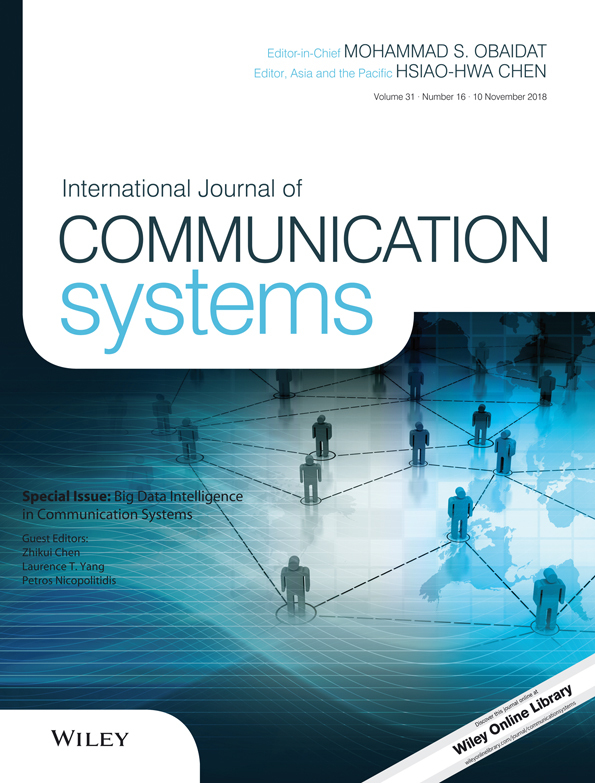Research on the dynamic effect of the intelligent urban experience to the tourists' two-way internet word-of-mouth
Summary
As the scene experience tourism enterprises develop rapidly in the market, more and more users begin to experience this type of tourism products in the tourism of affair at the beginning, but with the increase of the wisdom of the city experience popularity and user stickiness, more tourism enterprises get the opportunities. Early feedback of the wisdom of the city has become the effective way to get the reputation from other users through the user experience and earn a reputation at the same time; tourism enterprises have also been hurt by negative word-of-mouth users, and various contradictions become more and more apparent. Based on the previous literature, this paper studied the relationship between enterprises and tourism enterprises from Gu networking in the process of investigation, and the relationship among negative word-of-mouth users. In-depth research and analysis were also done among the users through the dynamic relationship between evolutionary game theory and tourism scene experience. Quantitative research on evolution model in tourism enterprises and in the case of the external competition will investigate the negative reputation of the user, analyze negative word-of-mouth users and maintain positive word-of-mouth users, and give the corresponding countermeasures that the tourism enterprises should take, as things really play to verify efficacy and enterprise efficient user management to provide the reference. At the same time, whether the control of the measures is analyzed by the evolution of phase diagram, it defines the essence of tourism enterprises and the relationship among negative word-of-mouth competing users.




